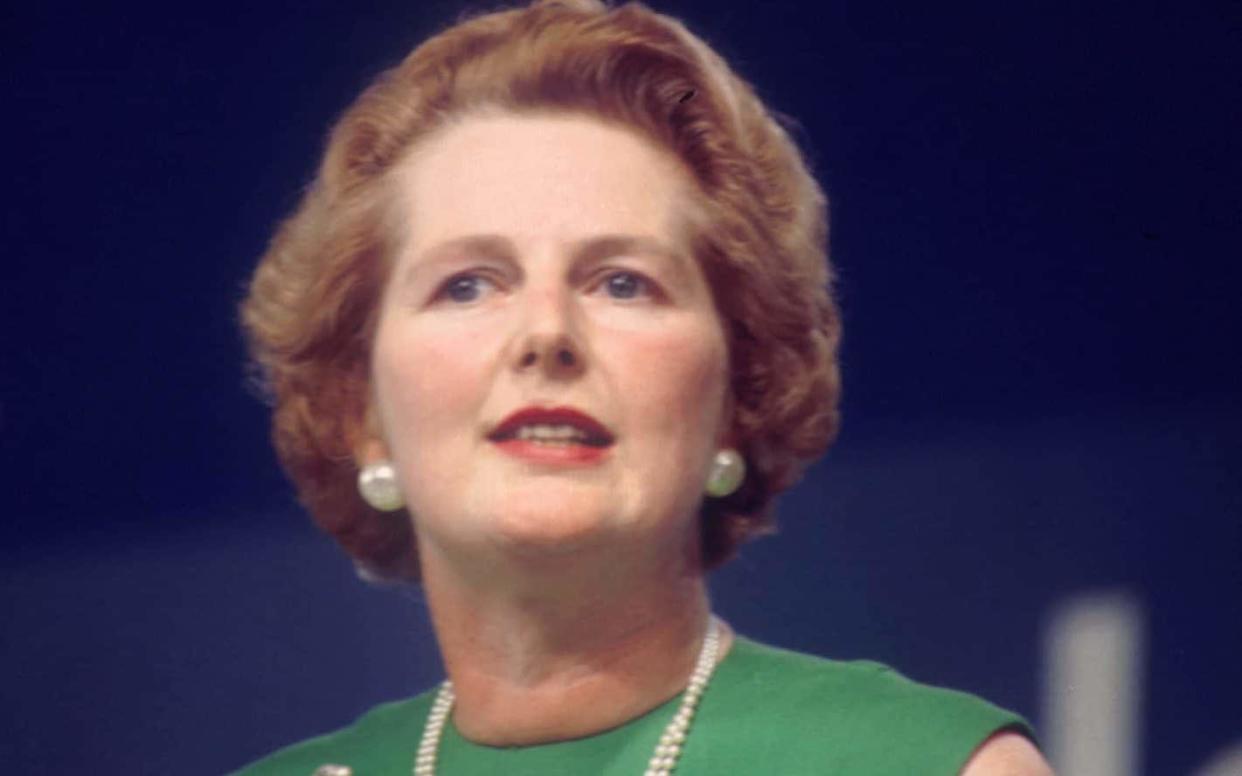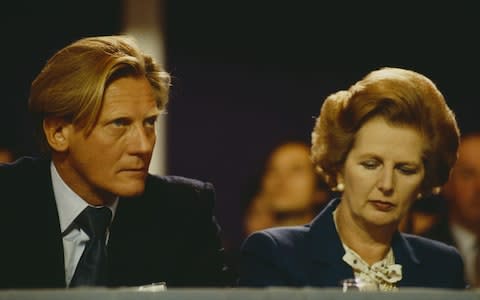Thatcher: A Very British Revolution - Margaret Thatcher showed what happens when exceptional women take the lead

The gasp-out-loud moment in Thatcher: a Very British Revolution (BBC Two) was an interview with Michael Heseltine in which he was asked how to describe the Margaret Thatcher he knew. “She comes from a certain social background,” he said, “one step up the ladder… With it, a lot of the characteristics that you associate with people who’ve just made it.” How rude! I nearly spilt my Ovaltine over my doily.
The premise of the first episode in this five-part documentary was that Mrs T was a middle-class warrior as much out of place in the Tory party as the socialist Britain of Wilson and Callaghan. She unexpectedly won the Conservative leadership in 1975 and underwent a careful reinvention from manic housewife to prime-minister-in-waiting, ready to slip into Number 10 and remake it in her own ideological image. Thatcherism as an inside job isn’t an original thesis, but what worked well was the return to primary sources. No subjective punditry by historians, just interviews with her critics and accomplices – and archival footage that we’ve seen before but, for the first time, with scant editing.
The result was that you could really soak up the Seventies. Didn’t interviewers used to be polite? The Thatchers exploited the deference. We watched Mrs T shamelessly undersell the influence of her PR man (if anything, she’d taught him a thing or two, she claimed), and at a party Denis appeared to be the life-and-soul until a journalist asked him a question – “You recording this?” he demanded. Suddenly, for the camera, he switched into that modest, monosyllabic First Husband he played so well. I knew the wallflower thing must have been act when I once saw him in The East India private members’ club in London wearing a cloak.

The Heseltines of the era underestimated Mrs T because they confused class and quality of character. Yes, she was a grocer’s daughter; no, she didn’t go to public school. But after 30-odd years of running the country into the ground, it was time for the others to get out the way and let an exceptional woman do the job. Indeed, one wonders how much more would be accomplished if only more great ladies took the lead.

 Yahoo News
Yahoo News 
